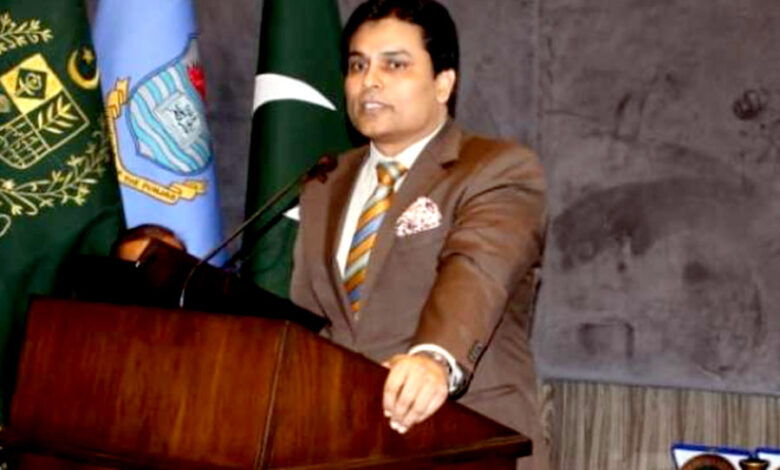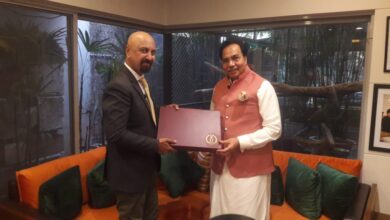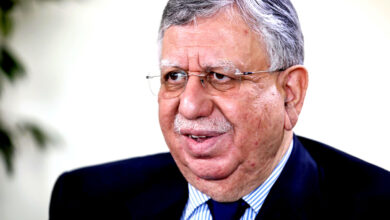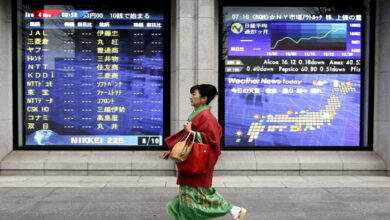Businesses and SMEs want the government to lower taxes to help them grow.

LAHORE: To keep the country’s economic growth steady, the government will have to take strong steps in the next Federal Budget 2022–23 to strengthen industry, especially small and medium-sized enterprises (SMEs), and save the jobs of millions of people who work in small businesses.
Because Pakistan needs a lot of jobs every year, the government would have to cut taxes by a lot in the budget to help businesses, especially the SME sector, grow.
The APBF President, Syed Maaz Mahmood, made these suggestions at a meeting of the APBF Board, which was attended by people from different trade and industrial sectors. The purpose of the meeting was to review the budget proposals for the next fiscal year, 2022–23, and to talk about the serious economic problems that the business community is facing. The head of the APBF asked the Finance Ministry to help small and medium-sized businesses (SMEs) more.
Some of the board members who spoke at the meeting were Aamir Ata Barry, Amir Munir Malik, Mian Safdar Hussain, Chaudary Muhammad Naeem, Asim Shahzad Sheikh, Naveed Minhas, Dr. Saman Yazdani, Wasim Zakaria, Nadeem Sheikh, Agha Zafar Abbas, Manzoor ul Haq Malik, Irfan Qadri, Laeeq Rana, and
The APBF president told the board about the good things the group had done in the last three months, such as improving relationships with Italy, Kazakhstan, and Hungary.
In his speech to the group, APBF Chairman Ibrahim Qureshi said that for the next 10–15 years, each government should try to achieve the same set of goals and keep the same policies.
The government should focus on the industrial sector to help the economy grow. He said that ignoring the manufacturing sector would make the balance of payments crisis worse right now.
Ibrahim Qureshi says that small and medium-sized businesses are the backbone of the economy and are very important to the growth of the economy.
He said that one of the biggest problems for SMEs is that they can’t get enough money. Only 5–7% of all private-sector loans go to SMEs, and there are fewer than 0.2 million SME borrowers in total, which he believes should be higher.
Ibrahim Qureshi argued that the budget makers should lower tax rates to make the tax base bigger, get rid of the parallel economy, and give Pakistan’s goods a competitive edge in international markets.
After doing a lot of research, the board also approved delegations to Hungary, Kazakhstan, and Italy. The goal of these delegations is to find new business opportunities and ways to work together in those countries.
At the suggestion of the APBF, Syed Maaz Mahmood told the group that the Pakistani Embassy and the Italian Embassy will work together to create an online business platform that will be available 24 hours a day, 7 days a week. This will help promote trade between the two countries and look into their markets. He said that Kazakhstan and Pakistan are also building online trade and business windows.
When the APBF President talked about the budget ideas, he said that the Forum had put in a lot of ideas for the next federal budget. The main goals were to get a more liberal investment policy, better infrastructure, a wider tax base, and more jobs through industrialization.
The budget recommendations were made in a fair and open way, taking into account the opinions of business people from all over the country on a wide range of issues.
Syed Maaz Mahmood says that it won’t be enough for the government to just say things unless they also do something. The most important things right now are a big drop in the main policy rate, energy rates that vary by region, a big drop in fuel prices, and a loosening of tariffs and taxes.
“Instead of importing raw materials, we should create them ourselves through research and development, then add value to them so we can sell them in international markets.” It will bring in more money and help Pakistan become self-sufficient. The fluctuating cost of raw materials is a major reason why exports are low. The government should keep prices stable for at least six months, especially for utilities, customs tariffs, etc.
In the budget proposals, it was said that instead of importing things like cell phones and electrical appliances, the government should encourage foreign companies to set up manufacturing units in Pakistan. It was also said that government-friendly policies for industries should be made so that current industries can make more kinds of products that are made in Pakistan. With B2B, JV, and technology transfer, there should be new ways to make money from exports.
Pakistan is a country with a lot of farms, but for a long time, no one paid attention to the agricultural machinery industry. Our country will be more productive if we make progress in this area. “We should look for new business opportunities in other markets and use the business models that have worked well in other countries.”





